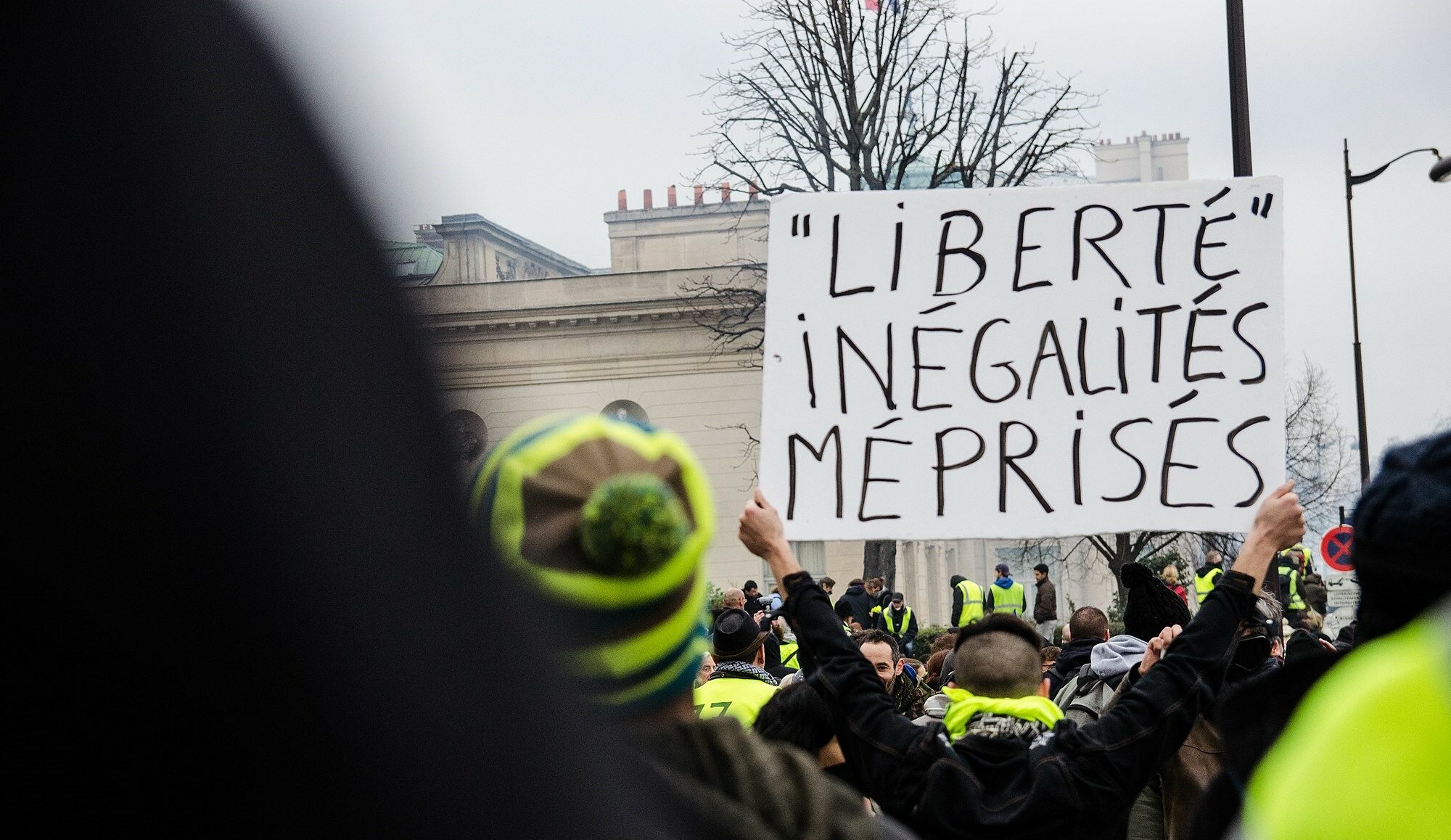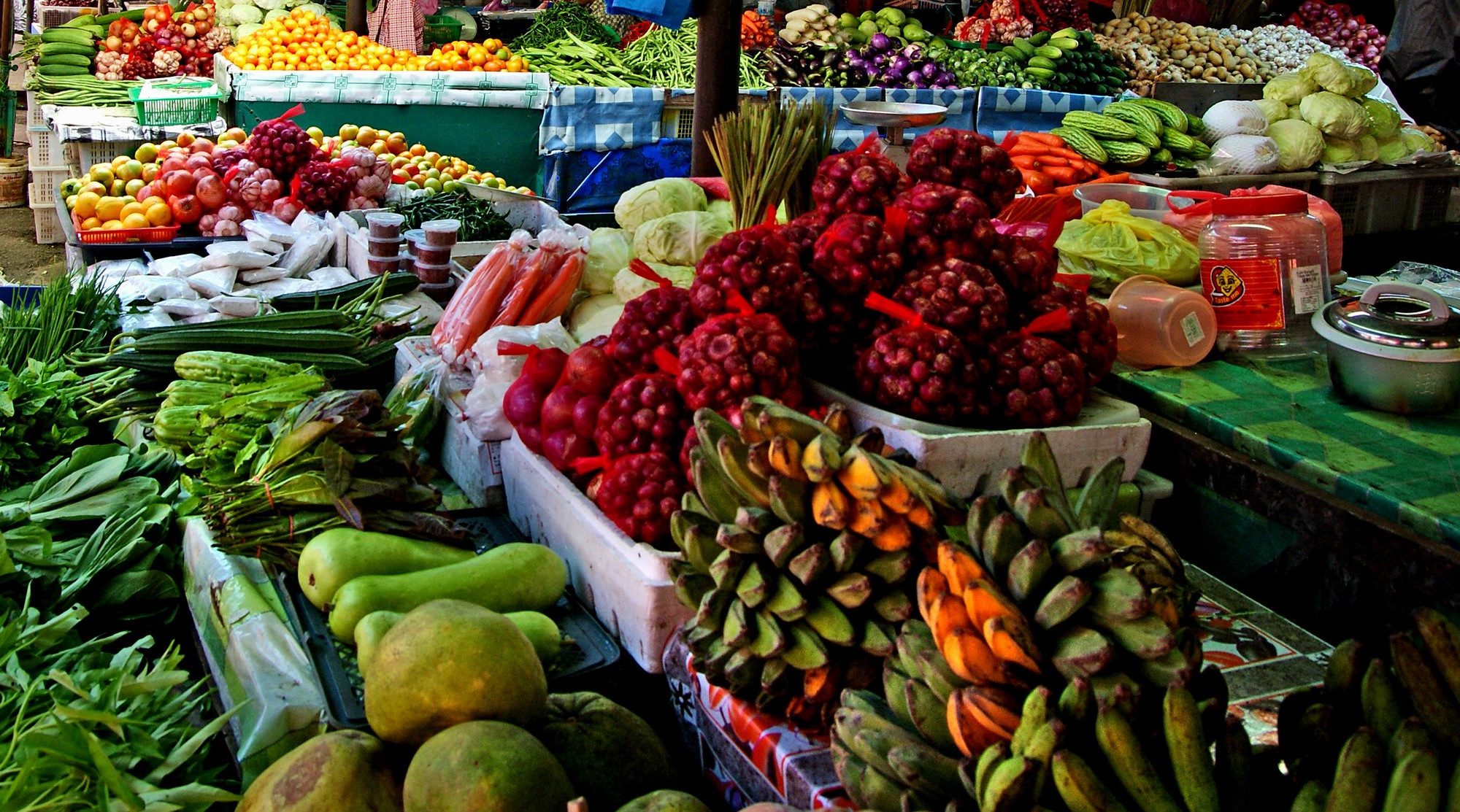By Daniele Malerba
The current energy crisis stemming from the war in Ukraine has shown that long-term climate mitigation needs to be coupled with the reduction of poverty and inequality; it is obvious that climate change is a global problem, and one that needs to be addressed in combination with social justice. In a recent article in an EJDR special issue, we make the case that the relationship and effects of social protection and social cohesion are critical in this sense. Social cohesion is defined as “the vertical and the horizontal relations among members of society and the state as characterized by a set of attitudes and norms that includes trust, an inclusive identity, and cooperation for the common good”
Continue reading “Social protection and social cohesion are key for climate action”

